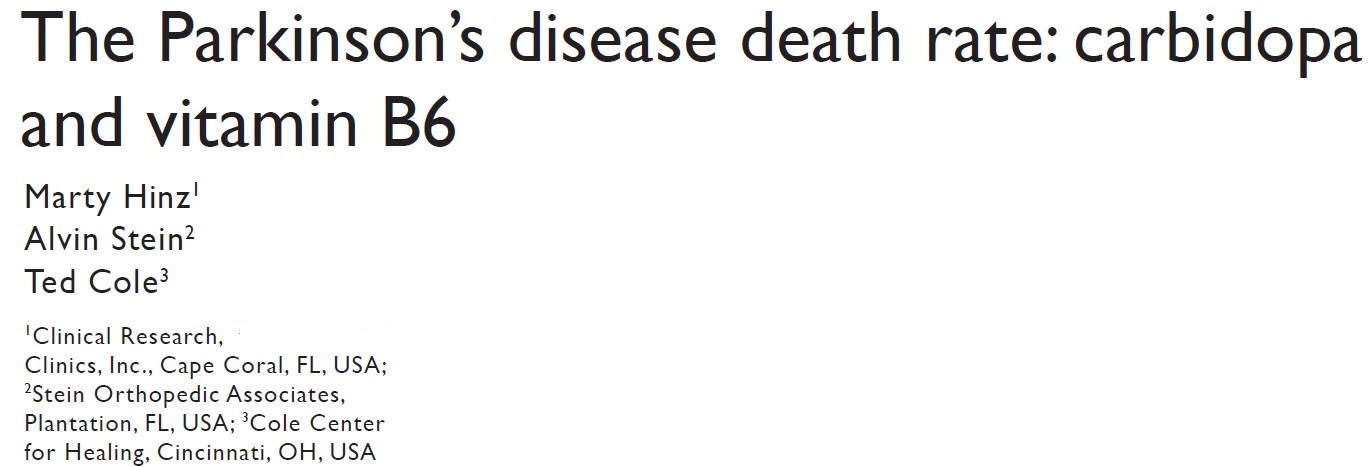Marty Hinz, MD Retraction
Conflict of Interest Concerns
Marty Hinz, MD retraction, the first issue used to wrongly justify the retraction of 20 papers was the lack of an IRB certificate with all supporting documents. The second issue raised to justify retraction by the publisher was concerns that Dr. Marty Hinz, MD did not properly fill out a nondisclosure of conflict of interest.
The following quote by Stephen Barrett (Quackwatch) is posted on Retractionwatch.com. Retractionwatch is another unbalanced website that does not make a serious attempt to interview principal parties to facilitate a balanced journalistic effort. The quote attributed to Stephen Barrett is,
- “In fact, I now believe that what he (Hinz) has done may be the most egregious COI (conflict of interest) nondisclosure in journalistic history.”
Marty Hinz, MD Reaction Regarding the Conflict of Interest
Stephen Barrett, in 2014, filed a complaint with Dove Press claiming full disclosure was lacking. Stephen Barrett attempted to get all papers mentioning Marty Hinz, MD, retracted while ignoring the University of Minnesota Medical School Duluth, MN contributions, ten other medical doctors, and over 30 peer-reviewers that contributed to the papers. The motive for this did not appear to be a concern with science by Stephen Barrett, who admitted in the complaint that he does not understand chemistry. Instead, it appeared that a company Stephen Barrett was associated with was carrying out the wishes of a third party to kill the papers.
The 2014 Dove Press special investigation, by Tim Hill, owner, and publisher, into the conflict of interest allegations relating to all 20 papers went nowhere. However, the same individual wrote the 2014 complaint that wrote “the most egregious COI” in 2018, the zealot Stephen Barrett.
At the close of the 2014 investigation, Tim Hill wrote, “I have just spoken with Dr. Zhou, and we are both reasonably comfortable in assuming that you are the subject of some unwarranted accusations possibly as a result of commercial rivalries. As a result, we intend not to pursue the matter any further.” The 2014 Dove Press investigation found the complaint by Stephen Barrett was not valid. This special investigation essentially exonerated all twenty papers regarding conflict of interest concerns. Stephen Barrett had crafted several fictitious statements into the 2014 complaint that was subsequently without merit.

Figure 1: In 2014, Tim Hill, the publisher of Dove Press, found that the evidence refuting Stephen Barrett’s accusations was compelling, and Barrett’s complaint was unwarranted. Since both Retractionwatch and Quackwatch lack a balanced journalistic approach, neither have corrected their websites to reflect the findings of Dove Press.
In 2018, after being unable to understand the 2014 findings of Dove Press, Stephen Barrett filed a second complaint with Dove Press relating to the same topic, conflict of interest regarding Marty Hinz, MD. This 2018 complaint contained a beefed-up pile of false complaints. Nothing had changed from the first investigation in 2014. This time Stephen Barrett (Quackwatch) got lucky. By the time review of the second complaint happened, Francis Taylor had bought Dove Press, who did not bother to review the results of the 2014 investigation. The twisted and mostly untrue version of Stephen Barrett, who never interviewed any of the authors or peer-reviewers, was accepted by Taylor Francis over the Tim Hill investigation of 2014. The authors could have done nothing more. Dove Press had reviewed the conflict of interest statements and signed off on them when the papers were submitted, then again with the Tim Hill 2014 special intensive investigation. We were locked tight and good to go after being certified by the owner and publisher of Dove Press in 2014; our conflict of interest statements was not a problem. The problem was the 2018 four-page complaint by Stephen Barrett, which contained a plethora of inaccuracies, lies, and fictitious statements. The 2018 four-page complaint seems to have overwhelmed Francis and Taylor, who bought into the fiction, did not investigate, and ignored the Tim Hill investigation of 2014. The complaint of Stephen Barrett is living proof that a bunch of lies, due to lack of publisher due diligence, can bring down a series of papers produced ten years ago by the University of Minnesota Medical School, Duluth, eleven medical doctors, and over 30 peer-reviewers. I do not doubt if Francis and Taylor had given us the chance to refute even one of these lies and reviewed the 2014 Tim Hill investigation findings, their conflict of interest concerns would have been pulled from the table. Regarding conflict of interest, nothing had changed since the 2014 investigation findings by Tim Hill, which called the accusations of Stephen Barrett unwarranted and our evidence compelling.
